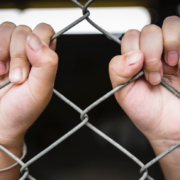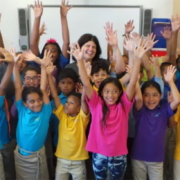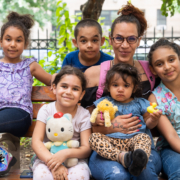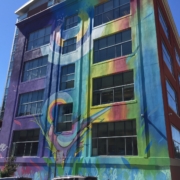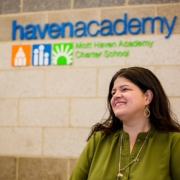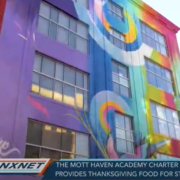| Make an impact – provide housing and support to young people like Gianni this holiday season. |
After aging out of foster care, Gianni found himself with no place to call home. Facing homelessness while balancing work and college was difficult – Gianni struggled to figure out where he would sleep and what he would eat each day. His challenges were compounded when the pandemic hit New York City in March. Gianni lost his job, and with no funds for a computer, was unable to keep up with remote classes.
The Foundling’s Supportive Housing program provided Gianni with the stability he needed to get back on track. The program, which is uniquely designed for those who find themselves in Gianni’s shoes, utilizes subsidized housing, skills coaching, and emotional support to help young adults work toward independence. Not only did the program provide Gianni with an apartment to call his own, but his case planner helped him apply for benefits and secure a laptop from his university. “The Foundling eased my concerns about surviving, so I could focus on thriving,” he says.
Now living in Brooklyn’s Crown Heights in a safe and friendly community, Gianni has the resources to excel in his college studies, and the ability to focus on his passion: music production. He credits music with saving him emotionally, and with The Foundling’s support, he has the space to grow creatively. “I try to learn as many instruments and skills as I can,” he says. “It’s all a process.”
“I would not be where I am now if it wasn’t for The Foundling,” Gianni says. “Now, I see myself going to a 4-year college, playing sports, doing music. I see life now.”
Watch Gianni share his experience in the video above!
| DID YOU KNOW: This year’s CARES Act makes a new charitable deduction available to taxpayers that do not itemize their deductions. Taxpayers who do not itemize their deductions may be able to deduct up to $300 for cash contributions.*
*Please consult your accountant or financial advisor to learn more about the CARES Act and your eligibility. |
Your support can help young adults like Gianni build a promising future. Join us in transforming the lives of our neighbors this holiday season.




